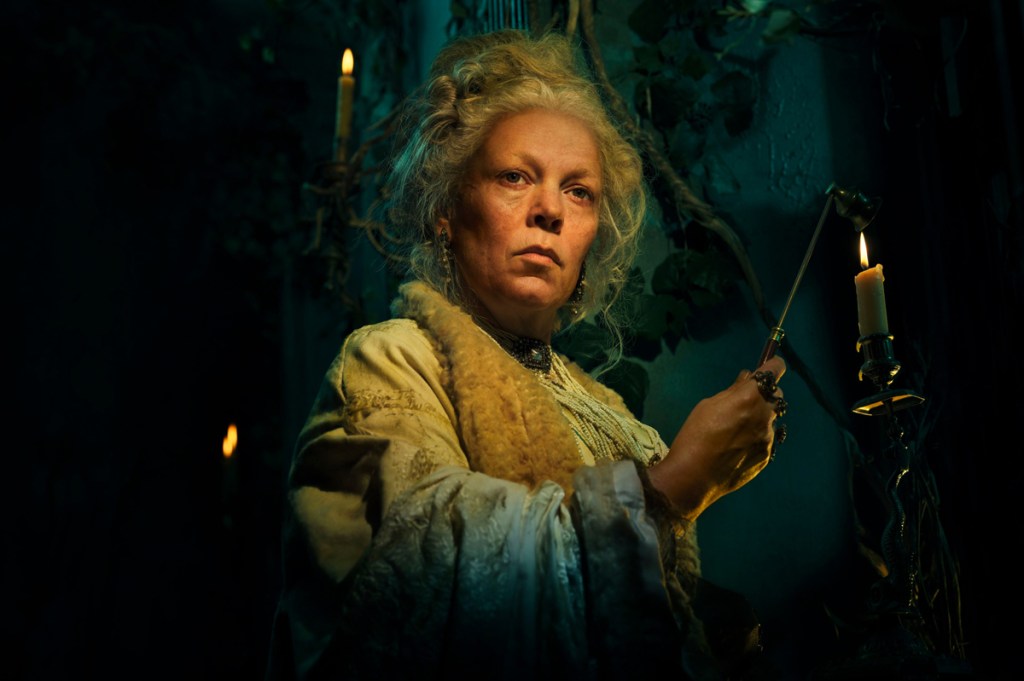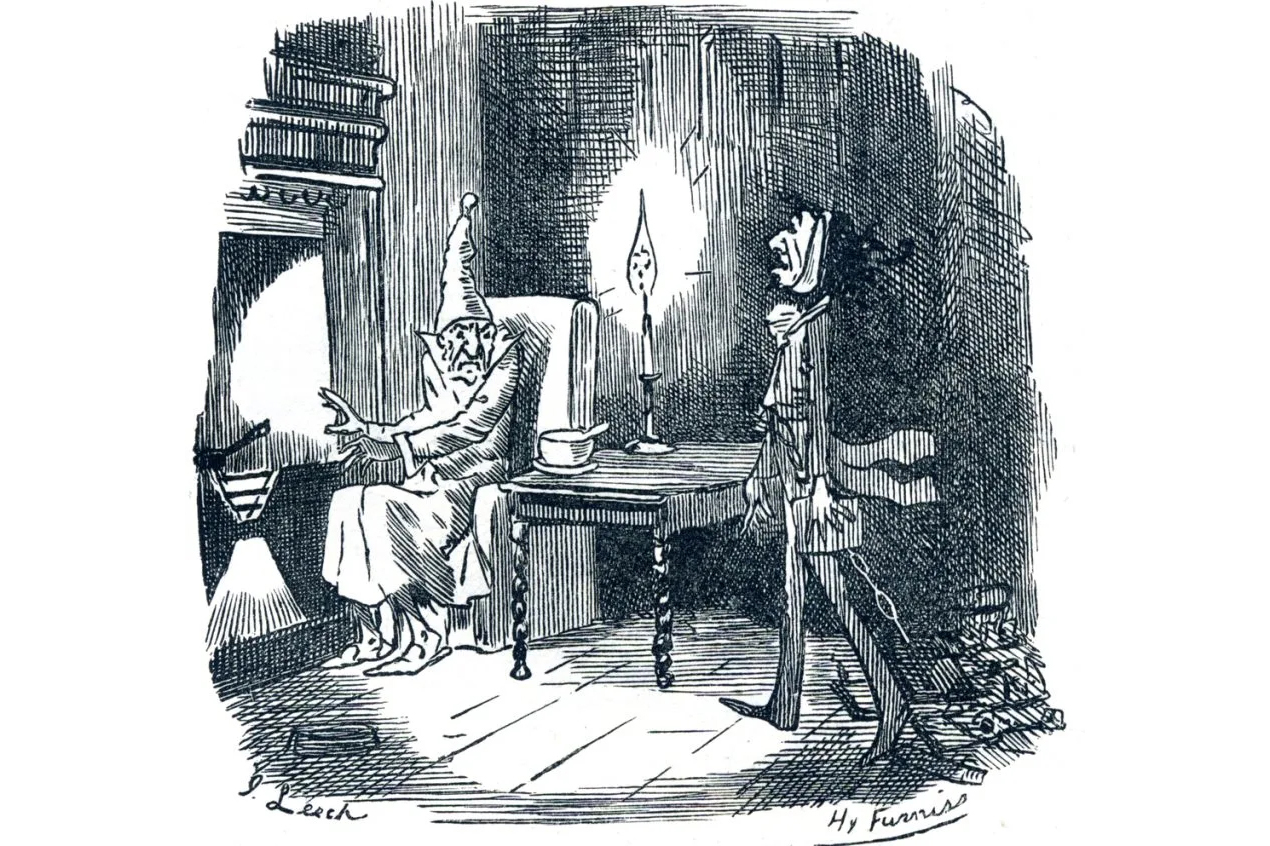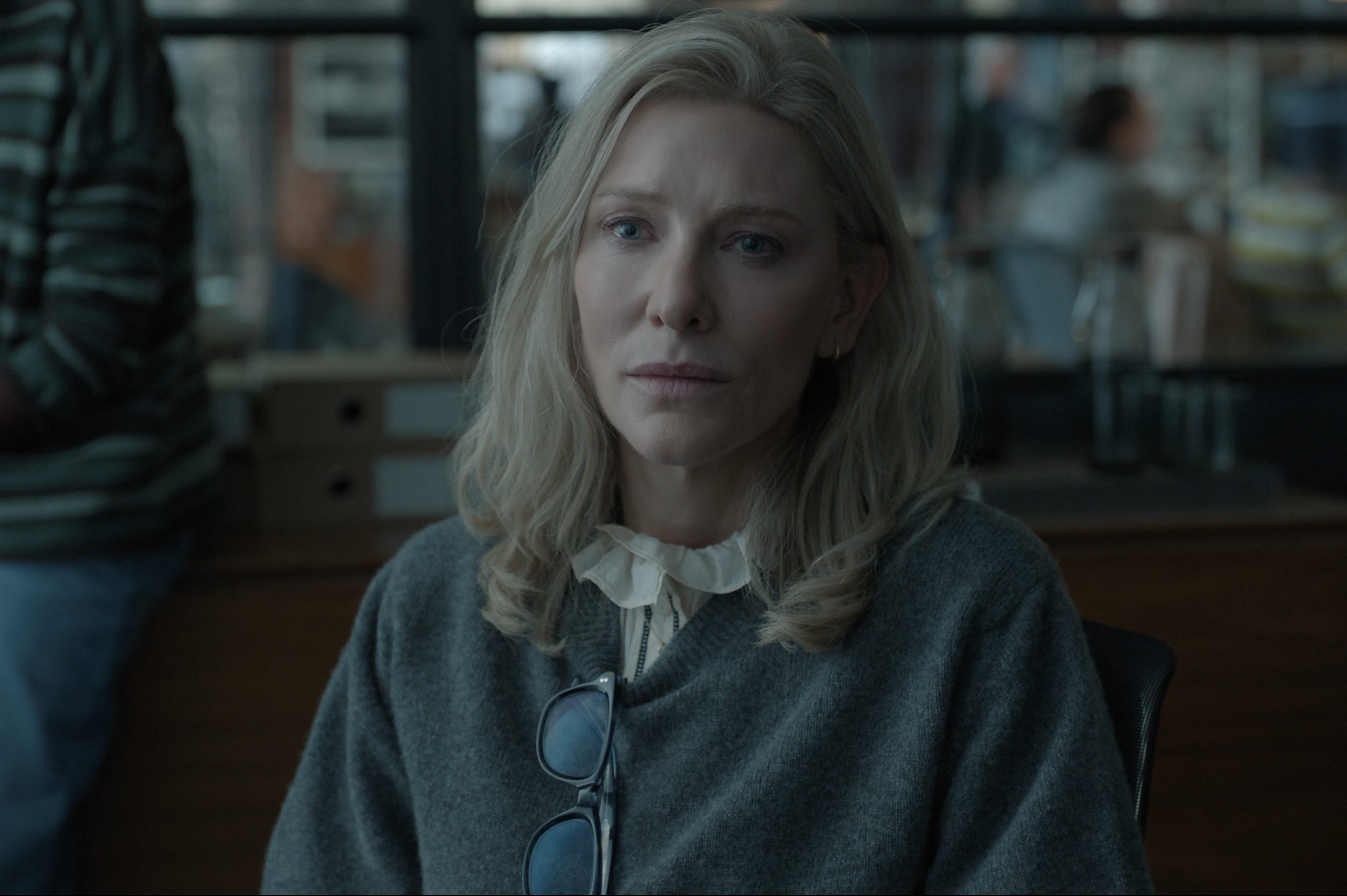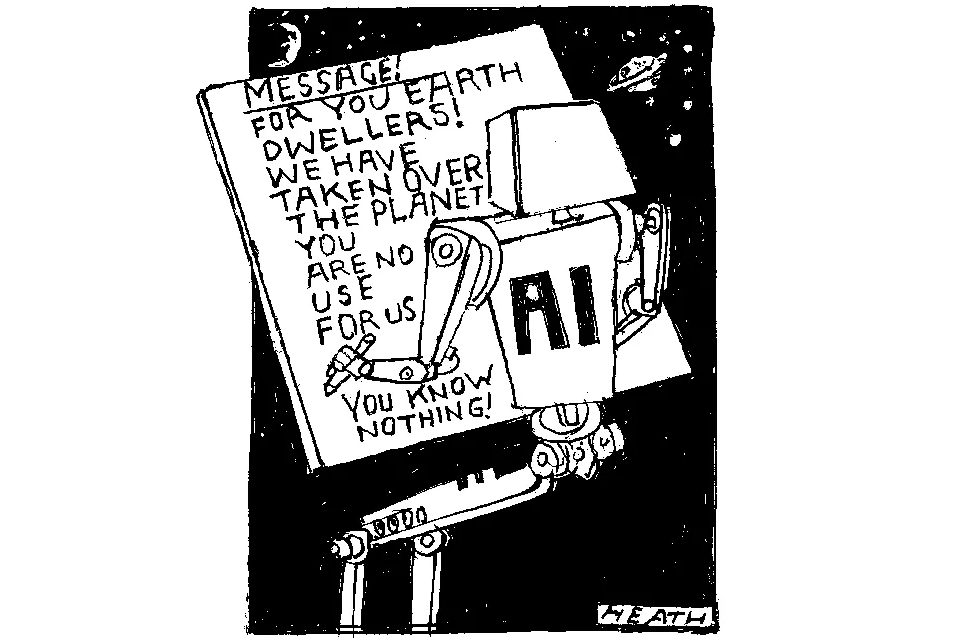When Peaky Blinders creator Steven Knight’s adaptation of Dickens’s A Christmas Carol aired on FX in 2019, it was very quickly decided that, whatever it was, it wasn’t Dickens. From Guy Pearce’s foul-mouthed Scrooge to a scene in which Mrs. Cratchit strips and offers Ebenezer sex in exchange for money to buy the medicine she needs for her son Tiny Tim, it was a strange combination of would-be gritty social realism and hysterical prurience. It was not well-received in the United States: Salon’s comment that it was “short on joy and very, very, very long on purgatorial slogging” was typical.
Had Steven Knight not been responsible for (in my opinion, the insanely overrated, but never mind) Peaky Blinders, he would not have found himself in demand to bastardize more of Dickens’s work. But he was, and so he is, and the miserable result is Great Expectations, which has been broadcast on the BBC in Britain to astonished and disbelieving reviews and has met a similarly hostile reception in America. The Los Angeles Times opined that it was “dreary, dismal and not very Dickensian,” while the Hollywood Reporter sighed that “with too little in the way of humanity, insight or entertainment to offer alongside [the updates], what could have been a daring spin on a classic is transformed instead into a dreary slog.”
At risk of committing libel, I wonder if Knight has actually read Great Expectations, or if he has relied on a CliffsNotes summary. The characters that generations have grown up with are all present in a fashion: there’s Pip and Estella, tragic Miss Havisham and desperate old Abel Magwitch. But the opening scene, in which Pip attempts to hang himself from a bridge, indicates this is going to be, at best, a loose adaptation of the novel, and at worst an obnoxious travesty that thinks it needs to update the original’s British colonial values.
So the characters all swear like it’s going out of fashion, sometimes gratuitously — witness Pip, late to church, saying, “Oh, shit.” Matt Berry’s Pumblechook, channeling his Stephen Toast character to inadvertently hilarious effect, is shown to be a devotee of S&M, being whipped by Pip’s sister “Mrs. Joe.” In later episodes, it is suggested that Pip makes his money from dealing drugs, and the lawyer Jaggers is played by a rap artist who goes by the name “Bashy.” If you didn’t get the message, Knight and the cast are shouting, very loudly, that this is not your father’s Dickens (or even the 2012 Mike Newell film). This one is hip and contemporary. What a shame it’s so dismally executed.
To list the ways in which Knight misunderstands or misconceives the novel would take hundreds of pages. But suffice it to say that Great Expectations — one of literature’s great meditations on class, fate and human relations — has been turned into a series of barely connected events that resemble nothing more than a Victorian penny dreadful. All the sex and violence and swearing might divert, or shock, but they add absolutely nothing to the central drama. As entertainment, it fails miserably: taking all of the first episode to get Pip to Satis House and his destiny, we are instead held up with grotesquely over-extended exposition and backstory. It is grim, prosaic and extremely boring.
There is a saving grace, and it comes in the form of Olivia Colman as Miss Havisham. One of literature’s great MacGuffin characters is usually an opportunity for a British actress of a certain age to give the sort of performance where detached scenery-chewing is the order of the day, and everyone from Gillian Anderson to Helena Bonham Carter has done exactly as you’d expect. Colman, though, is different — and richer. Her Miss Havisham isn’t the usual wan spinster, but a woman eaten up with rage and hatred, spitting out invective against the world and plotting the most poetic of revenges. It’s a superb, fascinating performance and shows how innovative this Great Expectations might have been.
But amid the spanking and mud and tedium, its impact is all but lost. Dickens, you feel, would have admired Colman and thrown up his hands in horror at the rest. He wouldn’t have been wrong. And, bad luck, Knight is hoping to terrorize us with A Tale of Two Cities next. That really will be the worst of times.

























